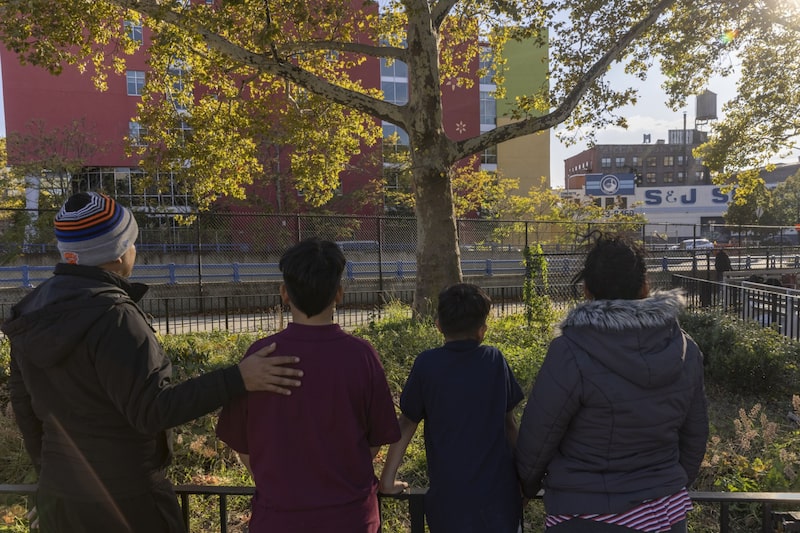Tegucigalpa — The US government has announced an 18-month extension of the Temporary Protected Status (TPS) program for migrants, and which will benefit an estimated 350,000 citizens from six countries: El Salvador, Honduras, Nicaragua, Haiti, Nepal and Sudan.
TPS is a temporary immigration status granted to eligible nationals of a designated foreign state under the Immigration and Nationality Act. During the period of designation, beneficiaries are eligible to remain in the United States, cannot be removed, and are authorized to work and apply for and receive travel authorization at their discretion.
Honduran Minister of Foreign Affairs and International Cooperation, Eduardo Enrique Reina, said Thursday in a tweet that the government of President Xiomara Castro welcomed the announcement by US Secretary of Homeland Security Alejandro Mayorkas to grant an extension of TPS-related documents for Hondurans for 18 months, until June 30, 2024.
“This news brings relief to our compatriots,” the Honduran official posted on his Twitter account.
Reina said the permits had been set to expire on December 31 of this year. However, the Honduran government made a new request to President Joe Biden’s administration for a new TPS designation for Honduras, and which was approved.
“The stability generated by the extension is positive for Hondurans, but the legal status of TPS must still be defined for a new designation, or a reform, to allow Hondurans to stay permanently,” Reina said during a press conference.
Compliance with requirements
Approximately 57,000 Hondurans are covered by TPS, with its most recent extension having been granted in September 2021, which extended it until December 2022, but after several months in suspense, Mayorkas’ confirmation of the 18-month extension “gives a little peace of mind to the community,” said the Honduran foreign minister.
It is estimated that close to a quarter of a million Salvadorans have also benefited from TPS since 2001.
The US Ninth Circuit Court of Appeals overturned the court’s injunction in the so-called “Ramos case” on September 14, 2020, which holds that the decision to designate, extend or terminate TPS, is not subject to judicial review.
However, the appellate injunction is not currently effective because the Ninth Circuit has not issued any directive to carry out the order to the federal district court. Therefore, the injunction in the Ramos Case remains in effect.
“Affected TPS beneficiaries from the six countries will retain their status, provided they continue to meet all of the individual requirements for TPS eligibility described. As necessary, DHS will publish future information in the Federal Register to ensure compliance with relevant court orders that may be issued after the date of this notice,” DHS said in a document.




